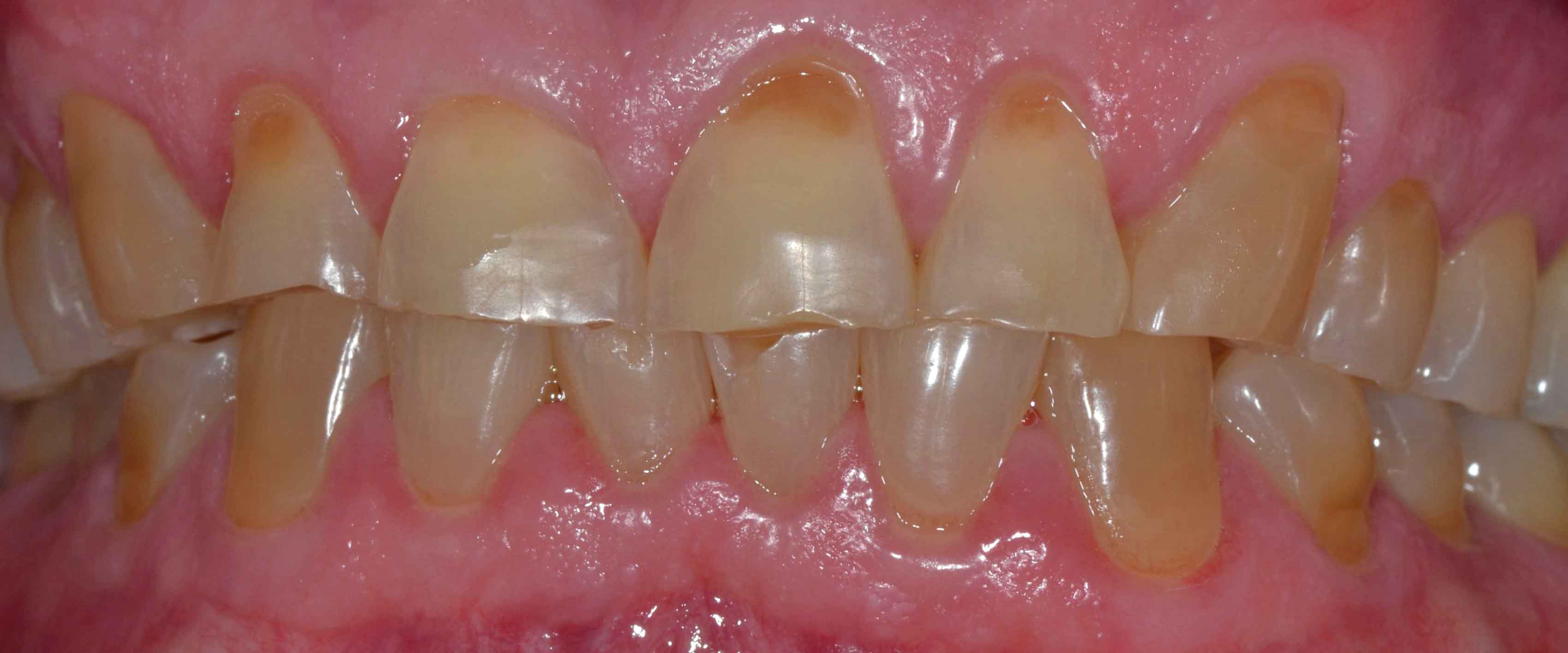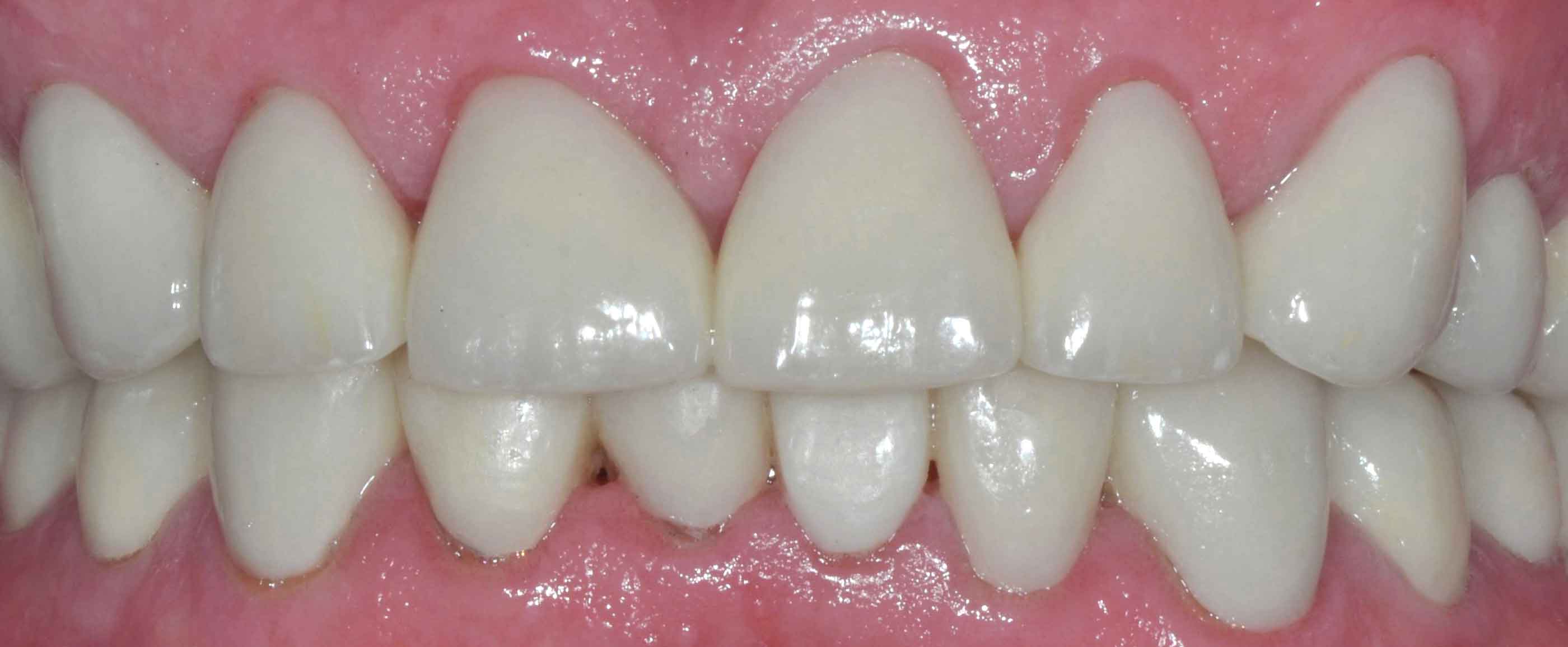To Buy Isotroin Online Visit Our Pharmacy ↓
 Isotroin: Myth Vs. Reality – Debunking Common Misconceptions
Isotroin: Myth Vs. Reality – Debunking Common Misconceptions
Isotroin, a medication used primarily to treat severe acne, often carries a reputation that precedes it. However, it is crucial to understand the truth behind its reputation to make informed decisions about its usage. Isotroin is actually a brand name for a medication called isotretinoin, which is the generic version of Accutane. Isotretinoin is derived from vitamin A and works by reducing the amount of oil produced by the skin's oil glands.
While Isotroin and Accutane are essentially the same medication, Isotroin is typically more affordable than the branded version. It is necessary to clear up any confusion between the two to ensure individuals understand that Isotroin is a reliable alternative to Accutane. By debunking the myths surrounding Isotroin and providing accurate information about its benefits and potential side effects, individuals can make well-informed choices about its usage and decide if it is the right option for their acne treatment.
Clearing the Confusion: Isotroin Vs. Accutane
Isotroin and Accutane are often thought to be two separate medications for treating severe acne. However, the truth is that they are actually the same drug. Isotroin is simply a brand name for the generic medication isotretinoin, which is also commonly known as Accutane. Both Isotroin and Accutane contain the same active ingredient and work in the same way to reduce the production of oil in the skin and prevent acne breakouts.
The confusion arises because Accutane was the original brand name used by the pharmaceutical company Roche, while Isotroin is a brand name used by other manufacturers. Regardless of the brand name, both medications are equally effective in treating severe acne. It is important to clarify this misconception so that individuals seeking acne treatment are aware that Isotroin and Accutane are essentially the same medication under different names.
Separating Fact from Fiction: Side Effects of Isotroin
Isotroin, a medication used primarily for treating severe acne, has been the subject of many misconceptions regarding its potential side effects. This article aims to separate fact from fiction and provide a clear understanding of the side effects associated with Isotroin.
One common misconception is that Isotroin causes birth defects. While it is true that Isotroin can be harmful to a developing fetus, it is crucial to note that this risk can be effectively minimized if proper precautions are taken. Women of childbearing age must use two reliable forms of contraception while taking Isotroin to prevent pregnancy.
Another misconception is that Isotroin causes depression. While there have been reports of individuals experiencing changes in mood while taking Isotroin, extensive studies have failed to establish a direct link between the medication and depression. It is essential for patients to communicate any changes in mood or behavior to their healthcare provider, as prompt intervention can be provided if needed.
In conclusion, by debunking the myths surrounding Isotroin's side effects, individuals can make informed decisions about its usage. Understanding the facts sets the stage for responsible and effective use, ensuring maximum benefit from this medication.
Debunking Myths: Isotroin and Depression
4) Debunking Myths: Isotroin and Depression
One common misconception surrounding Isotroin is its alleged link to depression. This myth has caused concern among many potential users, leading them to question whether the medication could have negative effects on their mental health. However, medical research and studies have consistently shown that there is no direct causal relationship between Isotroin and depression. While some individuals may experience changes in mood during treatment, these effects are often temporary and not necessarily indicative of clinical depression.
It is crucial to differentiate between correlation and causation when examining the link between Isotroin and depression. Acne itself can have a significant impact on an individual's self-esteem and emotional well-being, potentially leading to feelings of depression or anxiety. Therefore, it is essential for healthcare professionals and patients to have open conversations about the potential psychological effects of acne and its treatment to ensure that any concerns are addressed and managed effectively.
Maximum Results: Proper Usage and Dosage of Isotroin
Proper usage and dosage of Isotroin are crucial factors to consider in order to achieve maximum results. Isotroin is typically prescribed in a specific dosage by a dermatologist after a thorough evaluation of the individual's condition. The dosage may vary depending on factors such as the severity of the acne, the individual's weight, and their response to the treatment.
It is important to strictly follow the prescribed dosage and duration of treatment. Isotroin is usually taken once or twice daily with food to enhance absorption. It is important not to exceed the prescribed dosage as it can lead to an increased risk of side effects without providing additional benefits.
Regular follow-ups with the dermatologist are also recommended to monitor the progress and make any necessary adjustments to the dosage if needed. Adhering to the prescribed usage and dosage of Isotroin increases the likelihood of achieving the desired results while minimizing the potential for adverse effects.
Is Isotroin Worth It? Weighing the Pros and Cons
1) Isotroin: the Truth Behind Its Reputation 2) Clearing the Confusion: Isotroin Vs. Accutane 3) Separating Fact from Fiction: Side Effects of Isotroin 4) Debunking Myths: Isotroin and Depression 5) Maximum Results: Proper Usage and Dosage of Isotroin 6) Weighing the Pros and Cons
Isotroin, like any medication, has its pros and cons which need to be carefully considered before use. On one hand, it has proven to be highly effective in treating severe acne and providing long-term results. It works by reducing the production of oil in the skin, preventing clogged pores, and minimizing breakouts. This can significantly improve the self-esteem and overall quality of life for those suffering from chronic acne.
On the other hand, Isotroin comes with its fair share of potential side effects. These can include dryness and peeling of the skin, increased sensitivity to sunlight, and a temporary worsening of acne during the initial months of treatment. Additionally, there have been rare cases of more serious side effects such as liver damage and mood changes. It is important for individuals considering Isotroin to discuss these potential risks with their healthcare provider and weigh them against the potential benefits.
In conclusion, while Isotroin can be a highly effective treatment for severe acne, it is essential to carefully assess the pros and cons before deciding to use it. Consulting with a healthcare professional and following their guidance is crucial in order to maximize the potential benefits while minimizing any potential risks.
http://iddocs.net/images/layout4/gif/ivermectin.html http://metabolicleader.com/images/homepage_extras/png/neurontin.html https://pelmeds.com/wp-content/uploads/2023/08/png/zofran.html




